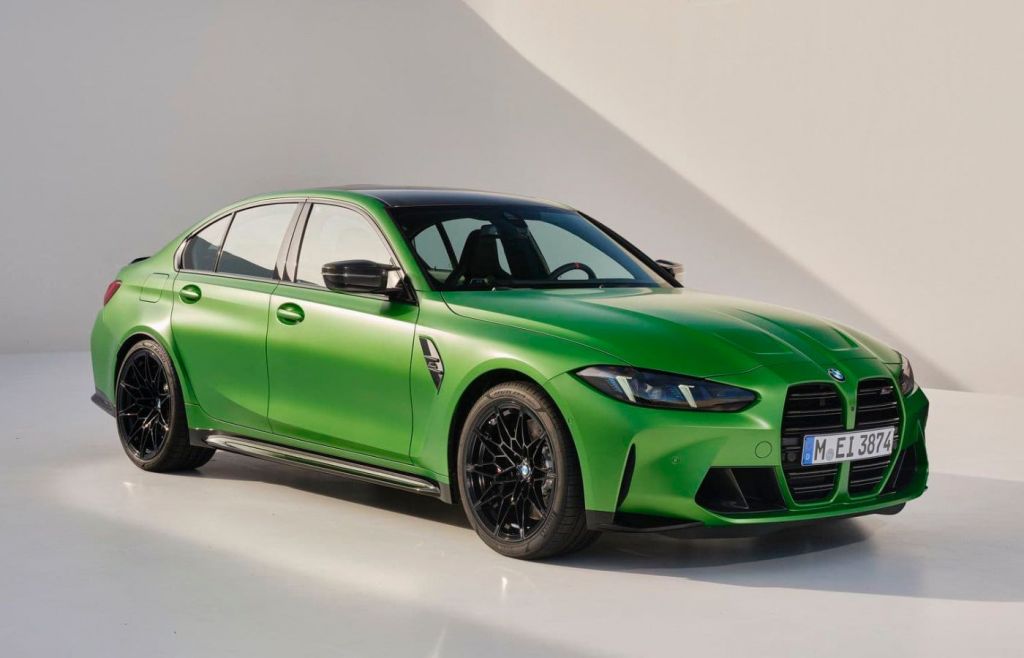
The next-generation BMW M3, which is due by early 2028, will be offered with the choice of both an electric powertrain as well as a straight-six turbo petrol engine, as per a report by our sister publication Autocar UK. This is in a bid to maximize its appeal and in line with BMW’s ongoing commitment to combustion power.
- Next-gen M3 to carry over 3.0-litre six-cylinder petrol engine
- EV version will use a quad electric motor setup
- Due in early 2028 with Neue Klasse design influences
In a wide-reaching interview with Autocar UK, BMW M CEO Frank van Meel has laid bare his priorities and plans for the electrification of the storied performance division. At the centre of those plans is the new generation of the M3 - overhauled from the ground up to take the fight to EV and ICE rivals including the Mercedes-AMG C63, Porsche Taycan and Hyundai Ioniq 5 N.
Next-gen BMW M3 to retain six-cylinder turbo-petrol
The 3.0-litre, straight-six twin-turbo engine (S58) that does duty in the current M3 has been made compliant with upcoming emissions regulations, ensuring combustion power remains for the M3 for as long as there’s customer demand. The all-electric version, meanwhile, will be based on BMW’s Neue Klasse platform.
“We’re also working on the newest emission regulations on combustion engines. We’re planning to keep up our combustion cars as well,” said van Meel, who is adamant that the M3 will retain its signature pace and dynamic agility, irrespective of powertrain.
Next-gen BMW M3 electric details
The EV version will be derived from the next-generation 3 Series, due next year, while the ICE car is likely to be a heavily updated version of today’s ‘G80’ M3, with Neue Klasse design influence.
Meel conceded that the first generation of BMW’s electric performance cars will be heavier than their combustion forebears, because customers want their EVs to have a usable range and that means big, weighty batteries. However, he suggested that with the proliferation of public EV chargers comes the ability to install smaller battery packs and thus reduce weight.
“The way I see it in the end is it’s going to be all-electric. Once you can make high-performance cars – and we will in the future – all-electric, then the next question is what about charging infrastructure. That is the key question and it’s not a question that a car manufacturer can answer.”
Crucial to appeasing the keen driver will be the new quad-motor powertrain arrangement that M engineers are testing in prototypes. This allows for full four-wheel torque vectoring that means “you can have a perfect line and the precision you know from an M car”.
Importantly, each major component in a BMW M electric drivetrain will be bespoke to the sporting division. Much as it has always used heavily reworked versions of standard BMW engines, it will continue to use parts from its parent company as the basis for higher-output, performance-focused electric systems.
“We use the same ideas and logic for developing our high-performance engines. We are in close cooperation with BMW AG to use their bases as a basis for what we are making at M,” said Meel.
Also See: